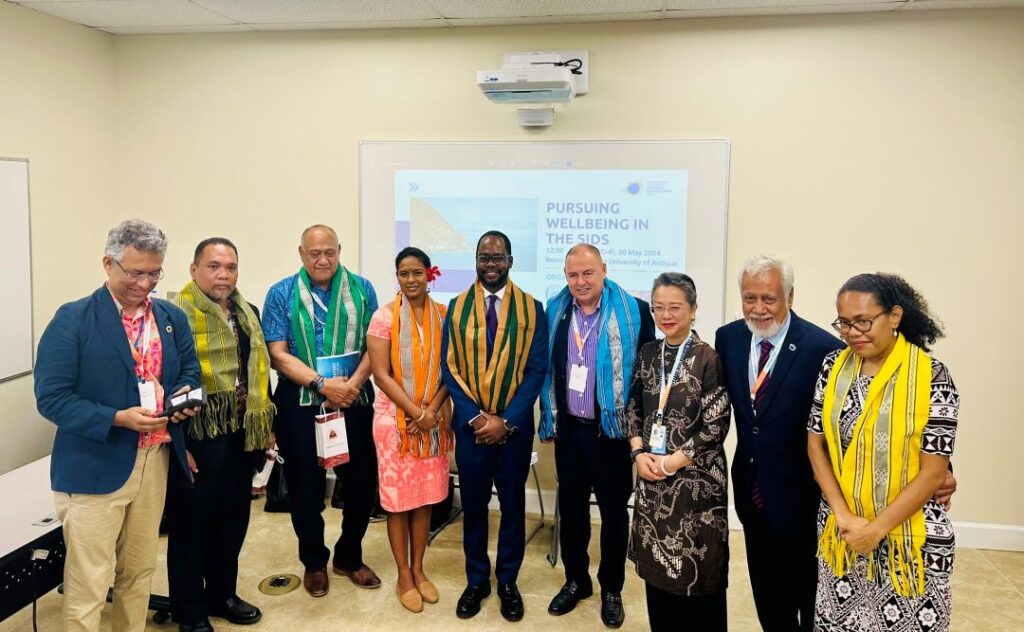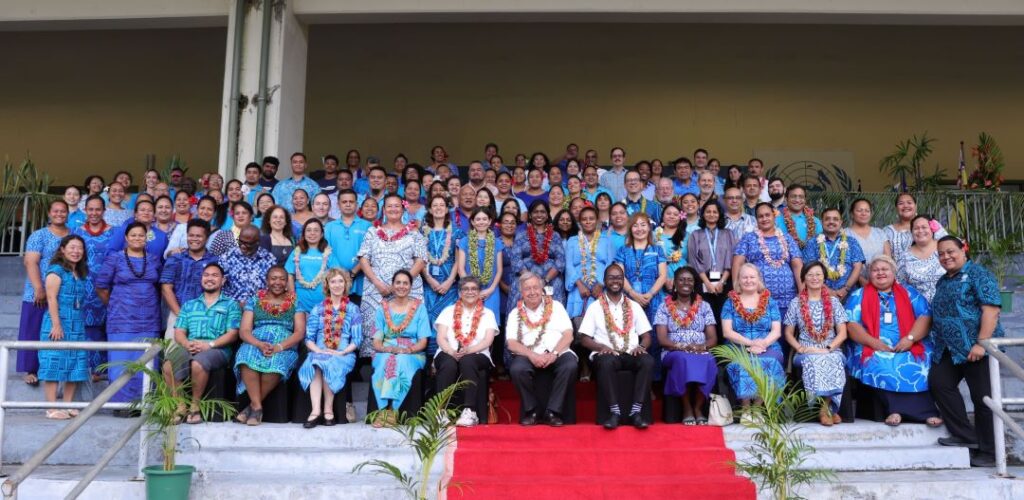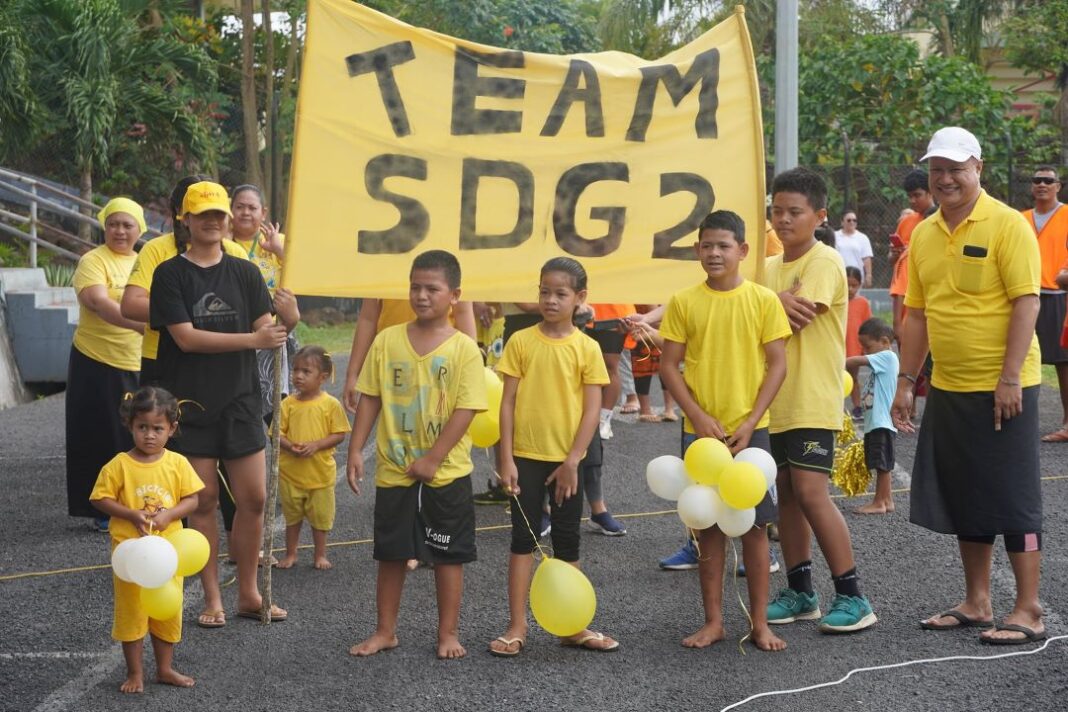The UN’s 79th anniversary comes with a strong call to action. As the world grapples with severe climate changes, ongoing conflicts, inequality, and rising health risks, the UN Resident Coordinator for the Multi-Country Office covering the Cook Islands, Niue, Samoa, and Tokelau stressed the need to secure the Sustainable Development Goals (SDGs) to protect the Pacific’s future.
The Pacific region is particularly vulnerable to climate change, despite contributing little to it. Rising sea levels threaten low-lying islands, and changes to the ocean, including acidification, disrupt marine life and food systems that Pacific communities depend on. These challenges underscore the UN’s mission to foster peace, protect human rights, and promote sustainable development.
The SDGs, set in 2015, are intended to guide global solutions for issues like poverty, environmental protection, and equality by 2030. But according to the UN Economic and Social Commission for Asia and the Pacific (ESCAP), the Pacific may not meet these targets until 2065 without urgent changes. This delay stems from geographic isolation, limited resources, climate challenges, and economic instability.
Key meetings this year have reaffirmed global commitments to the SDGs. The Fourth International Conference on Small Island Developing States (SIDS4) in Antigua and Barbuda led to a 10-year action plan called the Antigua and Barbuda Agenda for SIDS (ABAS), developed with Samoa’s strong input.

The UN’s commitment to the Pacific was highlighted in August by a historic visit from UN Secretary-General António Guterres to Samoa and the Pacific Islands Forum (PIF) Leaders’ Meeting in Tonga. The Secretary-General’s firsthand view of the impacts of climate change, from rising seas to more frequent cyclones, emphasized the urgency for global climate action and the UN’s support for the Pacific.
The Commonwealth Heads of Government Meeting (CHOGM), currently hosted by Samoa, is another milestone. As the first Pacific island nation to host CHOGM, Samoa is leading discussions on democracy, environmental resilience, economic recovery, and empowerment, with a focus on women and youth.
September’s UN General Assembly also saw significant advancements, with the adoption of the Pact for the Future, the Global Digital Compact, and the Declaration on Future Generations. These new frameworks aim to keep the UN fit for modern challenges and reinforce SDG progress.

With the UN’s 80th anniversary on the horizon in 2025, the Pacific’s future calls for united efforts. The UN has reiterated its commitment to standing with Pacific nations, empowering governments, communities, youth, and civil society to tackle these challenges.
On UN Day 2024, the call is clear: global cooperation is crucial to achieve a fair, sustainable, and resilient world.





